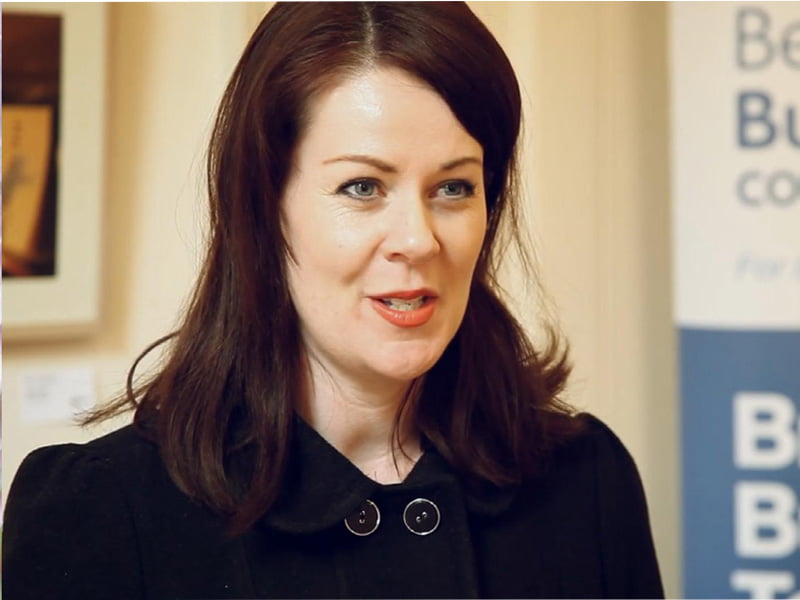Australia’s regional cities make the perfect testing environment for larger ‘smart city’ policies and projects, and should be used to deploy pilot programs before scaling public investment, according to Bendigo Business Council CEO Leah Sertori.
Regional cities are suited as testing platforms for smart cities policy because they have all the elements of the ecosystem that need to work together to achieve better outcomes for both citizens and businesses, Ms Sertori said.
“Not only are these cities ready to work towards their shared vision or purpose, the complexities of a ‘smart city’ demonstration project in a regional context is, I would argue, richer than what we can achieve in a metropolitan city,” she said.

Ms Sertori is a panelist at InnovationAus.com’s Intelligent Communities 2017 forum to be held in Bendigo on 15 March. It precedes a metropolitan Intelligent Communities 2017 forum being held in Melbourne the following day on March 16.
She defines a ‘smart city’ as a one that is able to leverage its data to create a better and more personalised experience of living in a city for citizens, and increase its competitiveness for businesses.
As the region’s premier business networking, advocacy and representative organisation, the Bendigo Business Council is a lead proponent for a group of 13 organisations. The aim of the Council is to work collaboratively to enable more vibrant and prosperous, and ‘smarter’ Bendigo.
All regional cities compete to be metropolitan centres to gain access to investments, talent and resources to ensure that their city are, and stay, attractive to businesses and startups.
In this respect, Bendigo – Victoria’s third largest city outside of Melbourne – is tracking well. Already, the city has the highest economic and population growth among cities outside of Melbourne, and is increasingly the stand-out as an ideal testing environment for companies interested to trial their IoT related software.
Bendigo Business Council has put through a ‘city deal’ bid to the Commonwealth to have Bendigo recognised by the Federal Government as a ‘smart city’ – and to fund projects under the city deal program.
City deals, an idea borrowed from the UK, are agreements between the federal, state and local governments to develop collective plans for growth and commit to the actions, investments, reforms and governance needed to implement them.
They can work across whole metropolitan or regional cities or areas.
The Council proposes to focus on key aspects such as governance, connectivity, people, resources, competition to engage the private sector, healthcare, among others, Ms Sertori said.
“For example, in our smarter governance section of our city deal bid, we presented a consortium-based approach. Our city deal will be developed and administered by a consortium comprising major private sector interests and local government, hence we are leveraging a balance sheet of both parties as well as their talent, skills and data,” Ms Sertori said
“We are also bringing in a number of cross-sectoral partners into our city deal including two hospitals, the education sector, transport sector, local government, water authority [and the like].
“We are demonstrating that our city is the perfect living laboratory for companies to test out their software and deploy IoT to deliver better outcomes for citizens,” she said.
Ms Sertori also points out that Bendigo’s entrepreneurial spirit will serve the city well in its journey to be a smart city. She cited the examples of Bendigo Bank, which has established itself as Australia’s fifth largest bank since its inception, as well as Bendigo Telecom.
“We have a proud history of being a ‘self-determined’ regional city in that we have always been able to articulate our destiny and work independently towards getting there.”
The result of the bid is expected to be announced by the Assistant Minister for Cities and Digital Transformation Angus Taylor next month.
Last year, the federal government launched a $50 million Smart Cities and Suburbs Program for local governments to collaborate and apply innovative technology-based approaches to improve the liveability of cities and their suburbs and to solve urban problems.
The program would support projects which put citizens at the centre, but also welcome new ideas not yet seen in Australia.
Do you know more? Contact James Riley via Email.

